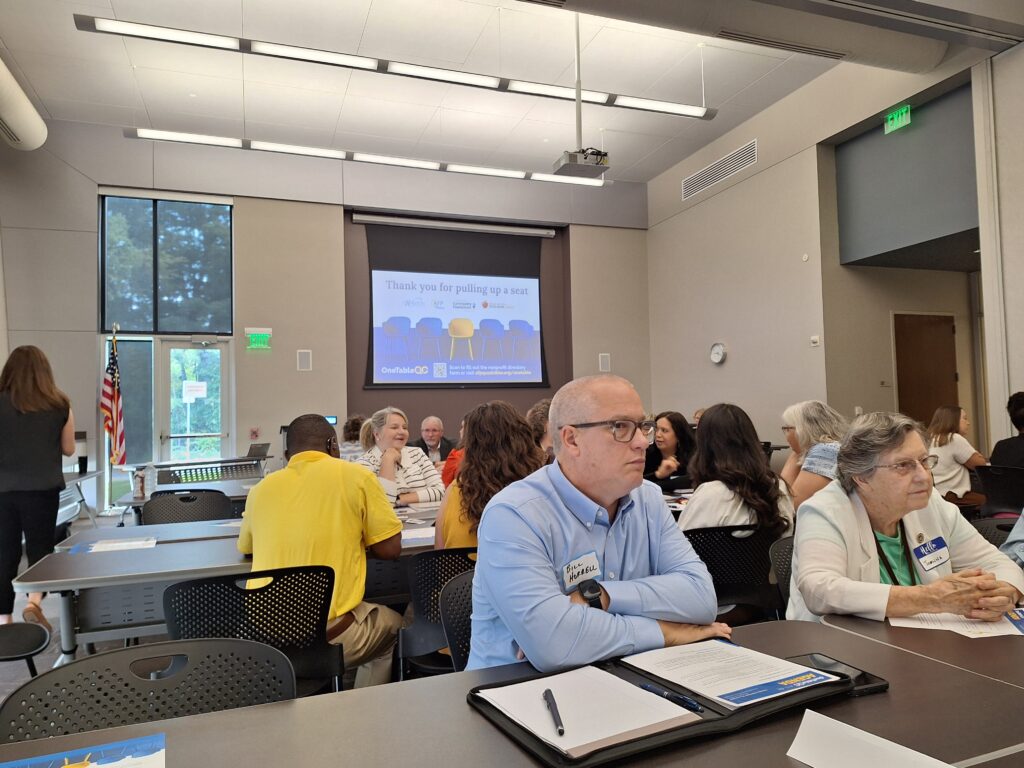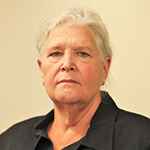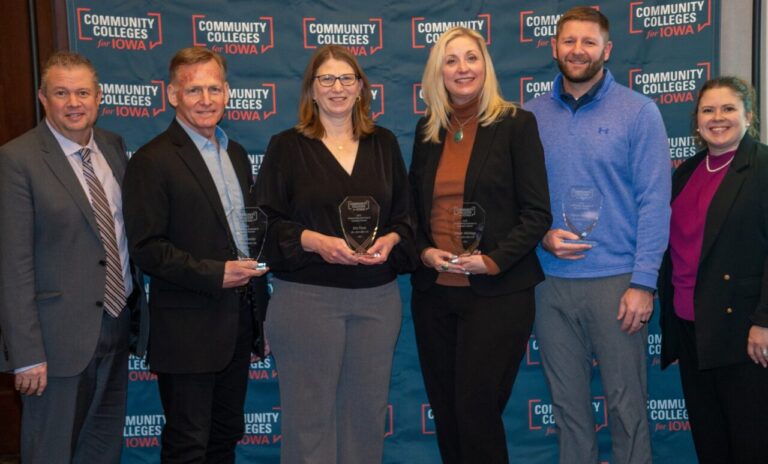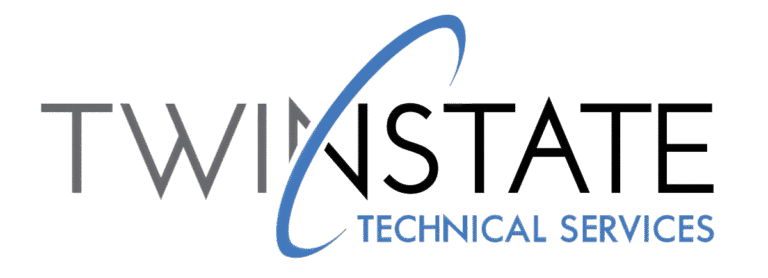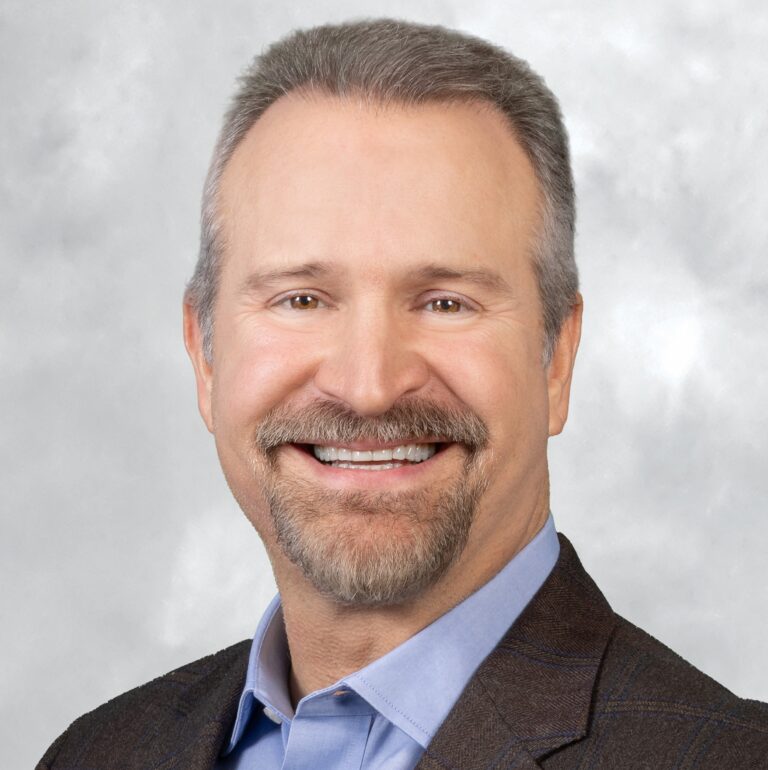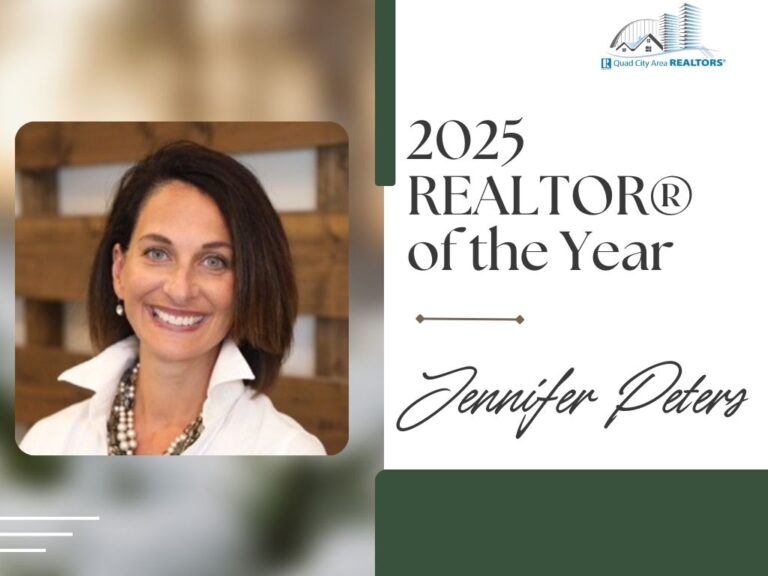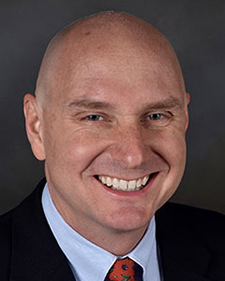Dozens of Quad Cities nonprofit leaders bracing for deep cuts in the nation’s social service safety net took their seats, swapped stories, shared challenges and offered solutions to the crisis at the Thursday, Sept. 18, OneTable QC launch at the Moline Public Library.
The first in what is expected to be a series of such “Table Talks” was moderated by Wastyn & Associates President Linda Wastyn. It was presented by her integrated fundraising consulting firm along with the Association of Fundraising Professionals (AFP) Quad Cities. The OneTable initiative was first introduced at the region’s first Nonprofit Legislative Roundtable at the River Bend Food Bank on Monday, June 30.
Thursday’s event marked the first steps in building the united Quad Cities coalition needed to work together to protect funding for families and nonprofits in the bi-state area, organizers said.
A diverse group of leaders from big and small nonprofits met in multiple independent working groups to share their collective “uncertainty” about what the real-life consequences will be of the social services funding cuts contained in the Trump administration’s One Big Beautiful Bill.
Chris Ford, president and CEO of the River Bend Food Bank, said his organization is preparing for the start of the next fiscal year in October 2026. That’s when they will know the full impact of the deep reductions and changes in programs including the federal food stamp Supplemental Nutrition Assistance Program, or SNAP. Left unaddressed, that alone will dramatically multiply the number of hungry Quad Citians likely to be crowding the lines next year at the food bank’s 400 agency partners.
Double-edged sword
Bill Horrell, community impact coordinator at Alternatives for Older Adults Inc., told other nonprofit leaders at his table “The hard part is the uneasiness of not knowing.” Sadly, too, he said those concerns are shared by the worried seniors his multi-county program supports.
“The only thing we are seeing is more applicants for grants that have never applied for them in the past,” he added.
Mr. Horrell also said nonprofits and their clients are facing a double-edged sword when the cuts are instituted. Food and health care deserts are likely to be created especially in rural areas where clients already live 30 miles or more from the nearest grocery store or health care facility. Those commutes are expected to grow dramatically if more groceries and health care centers close due to the SNAP, Medicaid and other funding changes.
Among the potential solutions shared by the working groups was the need to collaborate more between all nonprofits – big and small – to provide services more effectively with limited resources.
The truth is, one leader said, that cuts to one service don’t just affect that service. “It’s a snowball effect, and it cascades down to affecting all the services that are around it.”
Many nonprofits asked for training about the difference between lobbying and advocacy so they can advocate effectively to fill the needs of their nonprofit clients.
Several groups advocated for engaging the policymakers by creating human connection through stories, not just numbers.
Many nonprofits also said some of their clients are worried about the new Medicaid work and reporting requirements and many nonprofits are looking for ways to address those.
Directory on the way
A common theme Thursday was the need for the nonprofit directory which is already under development by OneTable QC. Ms. Wastyn said it is expected to launch next week and will be available online here.
The directory will include contact information for nonprofit leaders who are willing to speak to legislators when they have questions about such issues as senior housing. “We’ve been reaching out to legislators since the end of June, and they want to know this information,” she explained.
Also included in that directory will be the names and contact information for all elected officials in the bistate region from the Whitehouse to the Iowa and Illinois statehouses along with leaders of county and city governments.
OneTable also plans to compile and create a summary called “Table Talk” that it will send to legislators, highlighting the concerns and solutions collected from Thursday’s session. And she urged leaders to follow those efforts at afpquadcities.com/onetable.
Plans also are underway for information sessions, including sharing the difference between lobbying and advocacy, and how to diversify funding sources.
“We want this to come from you,” Ms. Wastyn said. “We want to make sure this is your voice, not our voice, and so please take the time to take the survey and tell us what you want to see next.”

